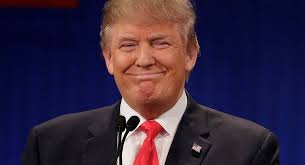From 1 July 2017, a range of super reforms announced in the 2016 Federal Budget will take effect.
For most people, the impact of these changes will be positive or neutral.
Super remains a very attractive place to save for retirement. And there may be opportunities to grow your super and retire with more.
If your income is below $250,000 (for 2017/18), while you build up your super, pre-tax contributions and investment earnings will generally continue to be taxed at the low rate of up to a maximum of 15%, not your marginal tax rate of up to 49%.
Also, when you retire, you can still transfer a generous amount into a superannuation pension, where no tax is paid on investment earnings and payments are generally tax-free at age 60 and over.
Next steps...
Once you have read through this guide, you should consider making an appointment with your financial adviser. They can assess the impact the super reforms could have for you, as well as review your retirement savings plans and the strategies you are using.
Beyond that, as we head towards the end of another financial year, now is a great time to see if there is anything else you could be doing to tax-effectively build and protect your wealth.
If you don’t have an adviser, you call us (Westmount Financial) on 9382 8885 to arrange an appointment.
View a basic, 'at a glance' guide here.
Rick Maggi





















